Ancient Civilizations 2048 is a puzzle game where you merge tiles representing the greatest civilizations in history. As you progress, you unlock some of the most influential societies that shaped human development.
In this guide, you'll learn how to play, understand the tile progression, and explore key civilizations that left a lasting impact on the world.
How to Play Ancient Civilizations 2048
- Objective: Merge tiles featuring ancient civilizations to unlock more advanced and historically significant societies.
- Gameplay: Slide tiles in four directions to combine identical civilizations. Each merge unlocks a new civilization.
- Winning the Game: When you reach the **2048 tile**, you've unlocked the most significant ancient civilization. Keep playing to reveal more civilizations in the extended tiles.
Ancient Civilizations 2048 Tile Progression Table
Each tile represents an important civilization, ranked by its historical significance.
| Tile | Civilization | Key Contributions |
|---|---|---|
| 2 | 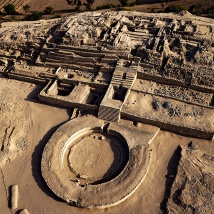 | Existed from 3500–1800 BCE, this was one of the earliest civilizations in the Americas, known for its large-scale architecture and early urban centers. Despite lacking ceramics and a written language, they built monumental structures, practiced irrigation-based agriculture, and laid the foundations of complex social organization along Peru's coast. |
| 4 | 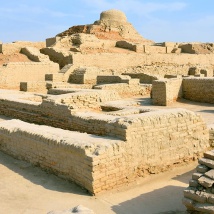 | Flourished between 3300–1300 BCE, it featured advanced urban planning, sophisticated drainage systems, and early script development. Cities like Mohenjo-Daro and Harappa showed remarkable organization with standardized weights, trade networks, and early evidence of democratic urban governance. |
| 8 | 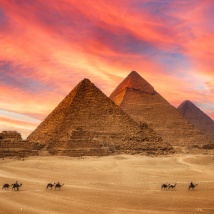 | Existed from 3100–332 BCE, famous for its pyramids, hieroglyphic writing, early medical advancements, and strong centralized government. Egypt also made enduring contributions in architecture, astronomy, art, and religion, with pharaohs ruling as divine intermediaries between gods and people. |
| 16 | 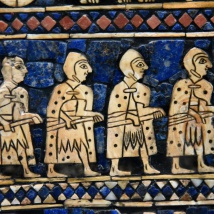 | Thrived between 3000–2000 BCE, credited with inventing the first known writing system (cuneiform) and establishing the first true cities. They developed irrigation systems, built ziggurats, and introduced organized religion, law, and governance that influenced future Mesopotamian cultures. |
| 32 | 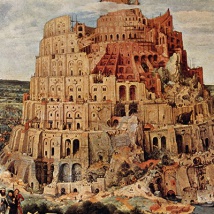 | Existed from 1894–539 BCE, known for the Code of Hammurabi, one of the earliest legal codes, and contributions to astronomy and mathematics. Babylon became a center of culture and learning, where scholars charted the stars and laid early foundations for algebra and geometry. |
| 64 | 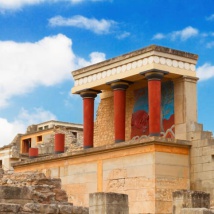 | Flourished between 2700–1100 BCE, known for its advanced maritime trade, palace complexes, and the mysterious Linear A script. The Minoans were pioneers in art and architecture, with vibrant frescoes and early plumbing systems, influencing later Greek culture through myth and commerce. |
| 128 | 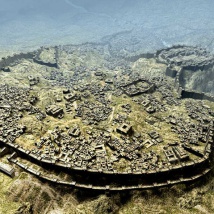 | Existed from 1600–1178 BCE, early adopters of iron weapons and chariots, known for their legal systems and treaties. The Hittites established one of the earliest documented peace treaties with Egypt and influenced future warfare and metallurgy across the ancient Near East. |
| 256 | 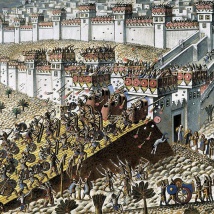 | Lasted from 2500–609 BCE, famous for military innovations, brutal warfare tactics, and the establishment of one of the first libraries in Nineveh. The Assyrians excelled in engineering, siege warfare, and administration, setting standards for imperial governance that later empires would follow. |
| 512 | 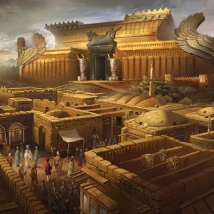 | Existed from 550–330 BCE, notable for its vast road networks, the first postal system, and policies of religious and cultural tolerance. Under Cyrus and Darius, it became a model of administrative efficiency, connecting diverse peoples through the Royal Road and a unified economy. |
| 1024 |  | Flourished from 1200–146 BCE, known for philosophy, democracy, the Olympics, and foundational contributions to science and arts. Thinkers like Socrates, Plato, and Aristotle shaped Western thought, while Greek literature, architecture, and politics continue to inspire modern civilization. |
| 2048 |  | Existed from 27 BCE – 476 CE, renowned for engineering feats, legal systems, military strategy, and its long-lasting influence on Western civilization. The Romans built aqueducts, roads, and monumental architecture while shaping governance, language, and law for centuries to come. |
Extended Tile Progression for Ancient Civilizations 2048
After reaching the 2048 tile, you can continue unlocking more historical civilizations that represent the evolution of empire, culture, and innovation across time.
| Tile | Civilization | Key Contributions |
|---|---|---|
| 4096 | Maurya Empire | Existed from 321–185 BCE, it was the first empire to unify India under a centralized rule. Emperor Ashoka's reforms promoted Buddhism, non-violence, and administrative efficiency. The empire established a vast trade network and pioneered governance models later adopted by South Asian kingdoms. |
| 8192 | Han Dynasty | Ruled from 206 BCE – 220 CE, it facilitated the Silk Road trade, expanded China's influence, and saw major innovations, including the invention of paper. The Han era also marked advancements in astronomy, metallurgy, and bureaucracy, defining Chinese identity for centuries. |
| 16384 | Maya Civilization | Flourished between 2000 BCE – 1500 CE, known for its advanced astronomy, complex calendar systems, and impressive pyramid architecture. The Maya developed hieroglyphic writing, intricate art, and a deep understanding of mathematics, particularly the concept of zero. |
| 32768 | Byzantine Empire | Lasted from 330–1453 CE, preserving Roman law, Greek culture, and Christian traditions while influencing medieval Europe and the Islamic world. Constantinople became a hub of trade, art, and theology, and Byzantine scholars safeguarded classical knowledge through the Middle Ages. |
| 65536 | Mongol Empire | Existed from 1206–1368 CE, becoming the largest contiguous empire in history, fostering trade expansion, cultural exchange, and military innovations. Under Genghis Khan, it connected East and West, opening communication routes that reshaped global civilization and commerce. |

















